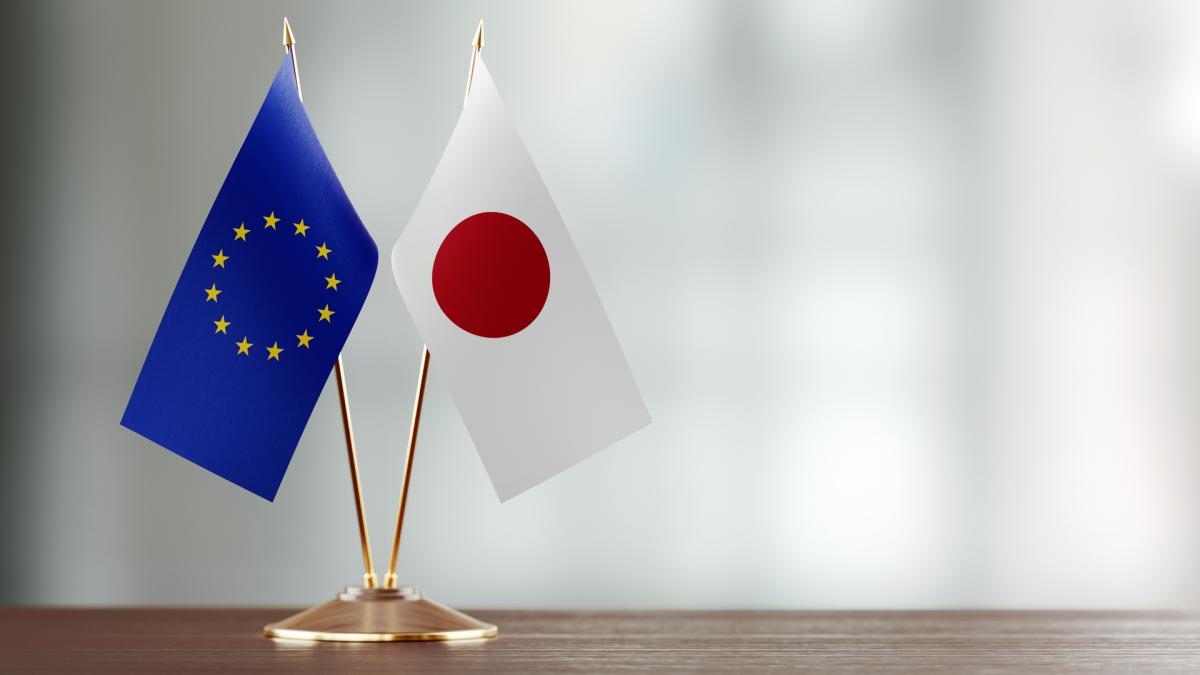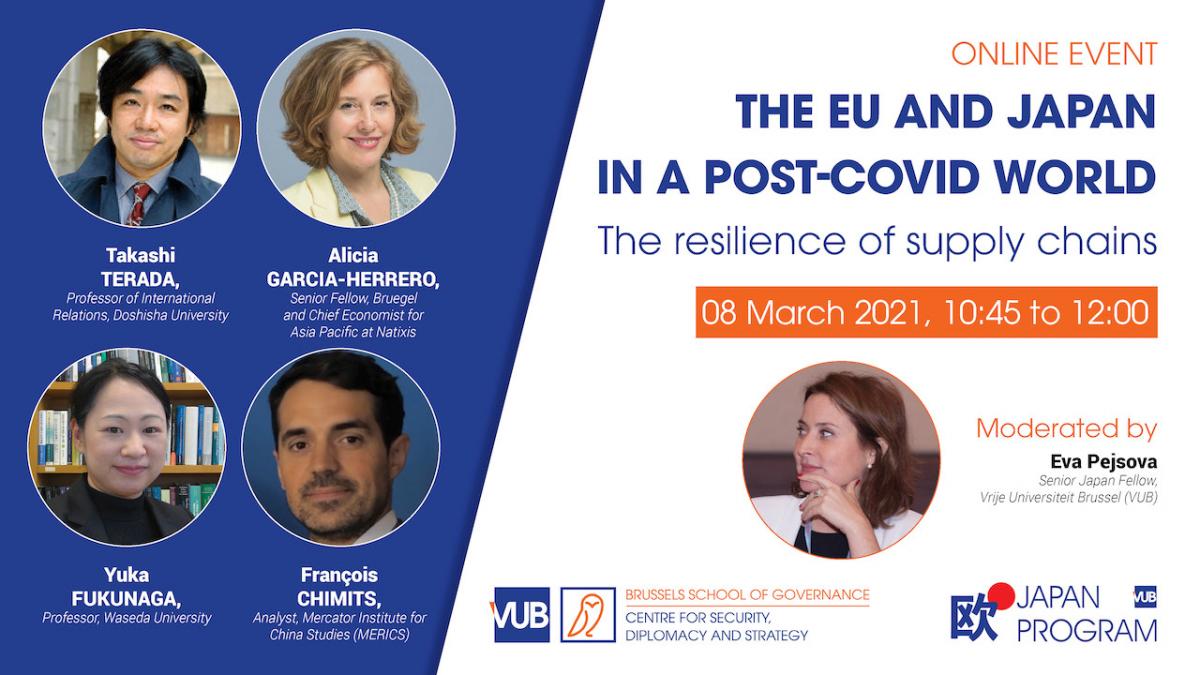
Another critical challenge that the Covid-19 pandemic brought to the fore is the vulnerability of global supply chains and the extensive reliance of many countries on China as a supplier of pharmaceutical and technological products. In reaction to this dependence, the Japanese government launched a subsidy programme to help companies shift production home from China and diversify supply chains to Southeast Asia. In the EU, mounting calls refer to the need to achieve ‘strategic autonomy’, build more resilient and diversified supply chains and reduce reliance on individual countries, such as China or India, for essential goods.
- Given the increasingly close economic ties between Japan and the EU, the security and sustainability of global supply chains is a crucial common concern. How can the EU-Japan partnership contribute to developing more resilient and diversified supply chains and how it can serve to prevent the over-reliance on individual trading partners?
- What concrete measures can be put in place at the national, regional and global levels?
This event took place online, you can watch the recording below:
Agenda:
10.40-10:45 Opening of the digital meeting room
10:45-12:00 Discussion and Q&A
Moderator: Eva PEJSOVA, Senior Japan Fellow, Vrije Universiteit Brussel (VUB)
Panel:
- Takashi TERADA, Professor of International Relations, Doshisha University
- Alicia GARCIA-HERRERO, Senior Fellow, Bruegel and Chief Economist for Asia Pacific at Natixis
- Yuka FUKUNAGA, Professor, Waseda University
- François CHIMITS, Analyst, Mercator Institute for China Studies (MERICS)
This public webinar is preceded by a closed-door meeting on ‘Covid-19, the ‘battle of narratives’ and the disinformation threat’.
For more info, please see here.


